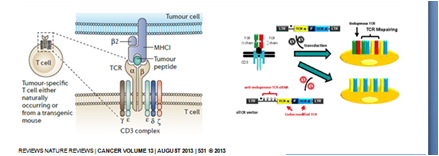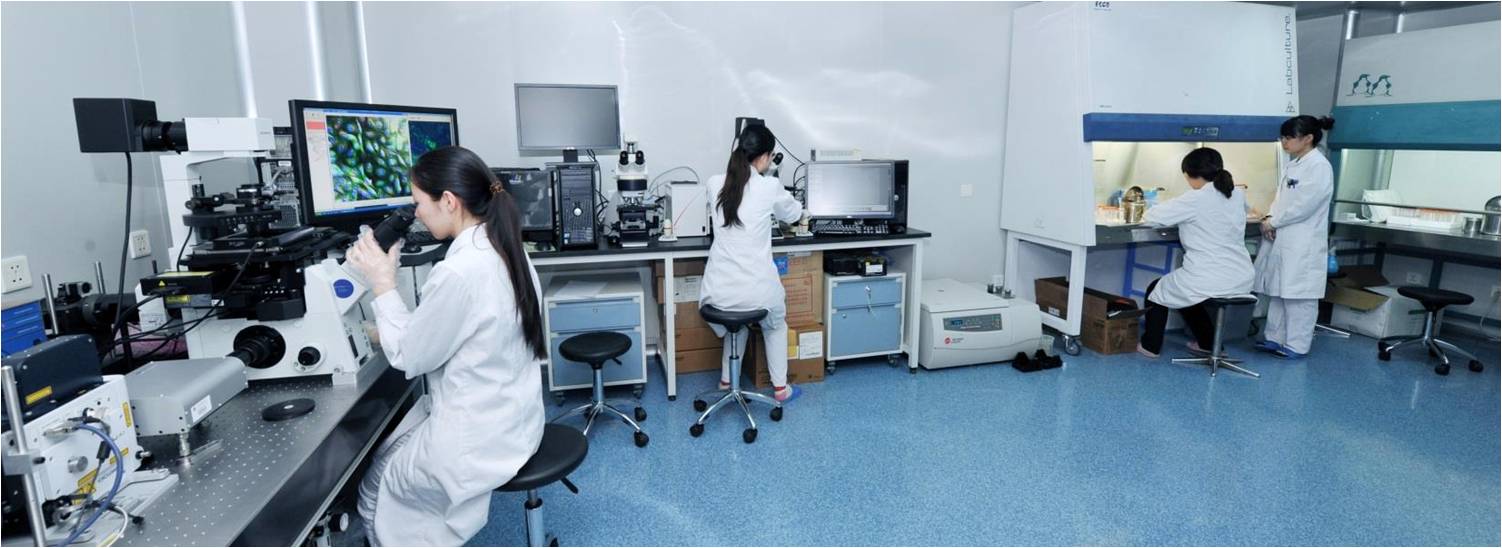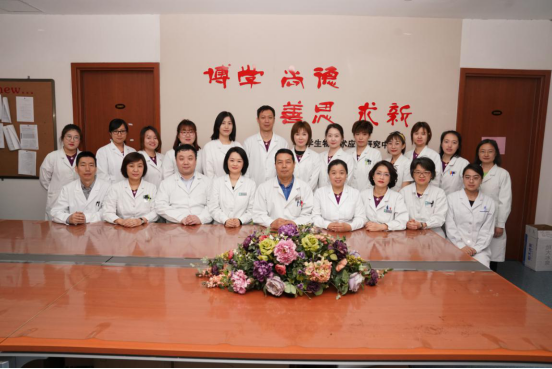Key Laboratory of Cancer Immunology and Biotherapy, Tianjin
Tianjin Key Laboratory of Cancer Immunology and Biotherapy was established in 2013, which affiliated to Tianjin Medical University Cancer Institute and Hospital. It is a platform featuring the research of tumor immune mechanism, the development and clinic application of biotherapy technology. At present, the Tianjin Key Laboratory of Cancer Immunology and Biotherapy has more than 60 employees, including 1 academician, 9 professors, and 17 associate professors.

The Academic Leader of Tianjin Key Laboratory of Cancer Immunology and Biotherapy is Professor Xishan Hao, who is an academician of the Chinese Academy of Engineering, a professor, and a chief physician. Professor Hao is also the current Director of National Clinical Research Center for Cancer, Honorary President of Tianjin Medical University, Honorary President of Tianjin Medical University Cancer Institute & Hospital (TMUCIH), President of Tianjin Cancer Institute, Director of Biotherapy Center of Tianjin Cancer Institute & Hospital, Vice President of the Chinese Medical Association, Chief Supervisor of Chinese Anti-Cancer Association, and Editor-in-Chief of the Cancer Biology and Medicine. Professor Hao was awarded of two National Science and Technology Progress Awards; three 1st prizes, five 2nd prizes and fourteen 3rd prizes of provincial/ministerial scientific and technological progress award. He has undertaken more than 20 major scientific and technological projects of National Key Technology R&D Program, National 863 Program, National 973 Program, National Natural Science Foundation and provincial/ministerial programs. Professor Hao has published more than 300 papers in national and international journals.

The Director of Tianjin Key Laboratory of Cancer Immunology and Biotherapy is Professor Xiubao Ren. He is the current Director of the Department of Biotherapy and the Director of the Department of Immunology of TMUCIH. Professor Ren is also the Deputy Director of the Professional Committee of Clinical Application of CMBA, and the Chairman of the Cancer professional committee of Tianjin Branch of Chinese Medical Association. Professor Ren’s research areas include molecular mechanisms of tumor immunity and developing of innovative technologies for tumor biotherapy. In the past five years, Professor Ren has published more than 130 papers, including more than 80 papers in SCI, and received 3 provincial and ministerial research awards. Professor Ren was elected as the National Personnel Ministry "Millions of Talents" in 2012. He has undertaken several national scientific research projects, including the National Key R&D Program, National 863 Program, National 973 Program, and National Natural Science Foundation of China.
There are many senior researchers and visiting professors in the Tianjin Key Laboratory of Cancer Immunology and Biotherapy. Their research directions can be divided into the following aspects:
First, they focus on immunotherapy and related research in the field of tumor microenvironment, resulting in innovative scientific research achievements in tumor immunosuppression mechanisms and reversal new immunotherapy technologies.
Second, they dedicated to immune cell activation and gene modification strategies to develop a variety of innovative technologies for immune cell therapy of cancer. And they also carried out clinical trials to improve the effectiveness and safety of cell therapy for a variety of cancer, including lung cancer, colorectal cancer, and gastric cancer.
Third, they developed a series of individualized tumor vaccines, which relies on appropriate genetic screening of tumor antigens, potent vaccine adjuvants, novel vaccine vehicles, and effective dilivering system.
At last, they studied the genetic characteristics of individualized diagnosis and treatment. For example, they used high-throughput gene sequencing platform for the study of genetic susceptibility gene mutations and risk prediction of high-risk populations in breast cancer. Based on the high exogenous susceptibility genes BRCA1, BRCA2, TP53, PTEN, STK11 and the newly discovered BRCA1 binding protein BAP1 gene, they designed and developed the breast cancer 6 gene sequencing panel to predict the risk of developing high-risk breast cancer.

In addition, the Tianjin Key Laboratory of Cancer Immunology and Biotherapy has a fully functional experimental platform, including cell biology laboratories and molecular biology laboratories with more than 300 research instruments which can conduct basic and translational research at the physical, cellular and molecular levels. In recent years, the Tianjin Key Laboratory of Cancer Immunology and Biotherapy has undertaken more than 40 research projects, including National Key R&D Program, National Key Technology R&D Program, National 863 Program, National 973 Program, 15 projects from National Natural Science Foundation of China, 13 provincial projects, and 8 cooperative projects, with a total research funding of more than 40 million RMB.